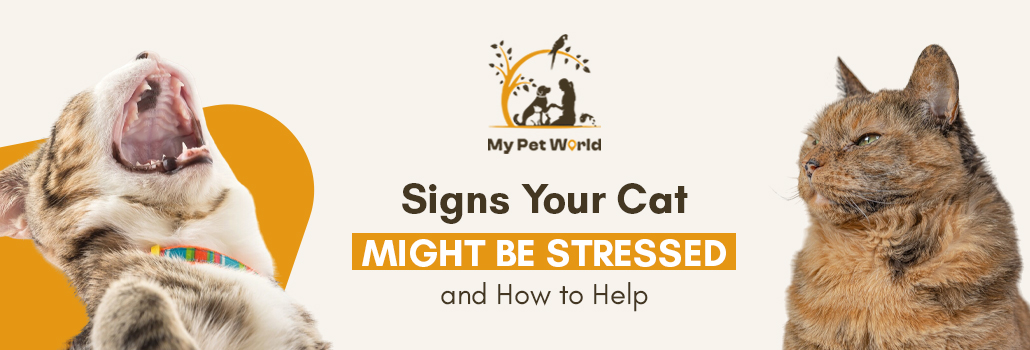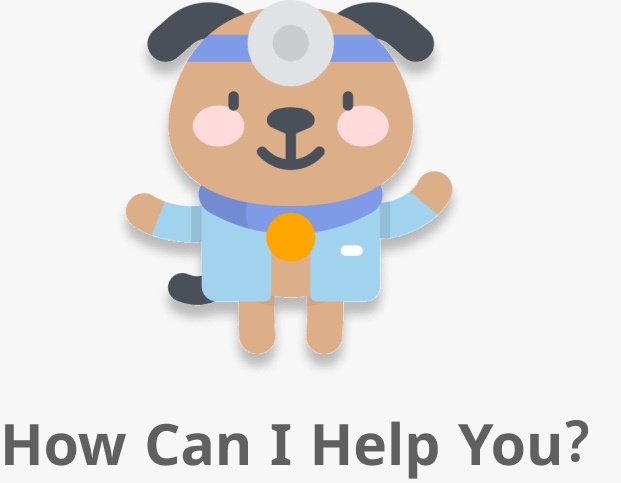Sharing quiet time with your cat may seem simple, but cats can experience stress in ways that aren’t always obvious. Stress can affect their health, behavior, and happiness. Knowing the signs and learning how to help is an important part of responsible pet parenting.
This guide explains the most common signs of stress in cats, why they happen, and practical tips to help your feline friend feel safe and relaxed.
Why Cats Get Stressed
Cats are sensitive creatures. Changes in their environment, loud noises, new pets, or even alterations in daily routines can trigger anxiety. Stress can lead to physical health issues, behavior changes, and a decrease in overall well-being. Recognizing the signs early allows you to help your cat before problems escalate.
Signs Your Cat May Be Stressed:
Changes in Appetite
Changes in Appetite
Eating more or less than usual can be a sign your cat is feeling anxious or unwell.
👉 Explore healthy cat treats and food options in the Shop to keep mealtimes safe and stress-free.
Excessive Grooming
Cats may over-groom when stressed, sometimes creating bald spots or irritated skin.
Hiding or Withdrawal
A stressed cat often seeks out quiet, hidden spots and avoids interaction.
👉 You can book a vet consultation through Services right from the app.
Aggression or Irritability
Hissing, swatting, or biting can indicate that your cat is uncomfortable or anxious.
Hissing, swatting, or biting can indicate that your cat is uncomfortable or anxious.
Vocal Changes
Increased meowing, yowling, or unusual sounds can signal stress.
Litter Box Issues
Urinating or defecating outside the litter box is sometimes linked to anxiety or discomfort.
Urinating or defecating outside the litter box is sometimes linked to anxiety or discomfort.
How to Help Your Cat?
- Create a Safe Space – Offer a quiet, comfortable retreat where your cat feels secure.
- Keep a Routine – Regular feeding, play, and interaction schedules help reduce anxiety.
- Interactive Play – Toys and games stimulate your cat and release nervous energy.
- Comforting Scents – Familiar scents or pheromones can have a calming effect.
- Gentle Socialization – Let your cat approach interactions on their own terms.
- Monitor Health – Stress may be a response to pain or illness, so regular check-ups are important.
Subtle tracking of behavior, play habits, or eating routines can help you notice changes early, making it easier to prevent bigger issues.
Keeping Your Cat Happy and Calm
As pet parents, helping your cat manage stress is part of keeping them healthy and happy. Observing their behavior, providing safe spaces, and maintaining consistent routines are simple but effective ways to support your feline friend.
👉 Follow @mypetworldqatar
for more pet care tips, new features, and a supportive pet parent community.





